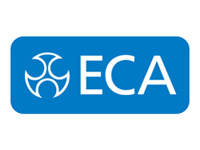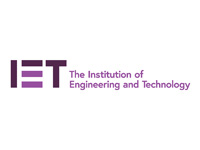JIB welcomes Government’s apprenticeship reform but more action is still required
The Joint Industry Board (JIB) has welcomed Prime Minister Rishi Sunak’s pledge to create up to 20,000 more apprenticeships with a series of reforms to funding and bureaucracy but believes more action is needed in order to close the skills gap in the electrotechnical sector.
In his first economic speech since the Spring Budget, Mr Sunak set out a major package of reforms to support businesses to deliver more apprenticeship places and cut red tape for SMEs. The Government will fully fund apprenticeships in small businesses from 1st April 2024 by paying the full cost of training for anyone up to the age of 21 – reducing costs and burdens for businesses and delivering more opportunities for young people to kickstart their careers. This will remove the need for small employers to meet some of the cost of training and saves time and costs for providers like further education colleges who currently need to source funding separately from the Government and businesses. The move is underpinned by an additional £60 million of new Government funding for next year, guaranteeing that where there is demand for apprenticeships from businesses, the Government will ensure there is enough funding to deliver them.
While it regards this pledge as a positive move, the JIB is concerned that its impact will be limited as it only deals with the barrier of potential costs to SMEs, without taking into consideration other issues, including ongoing financial and administrative responsibilities imposed on employers, as well as challenges in recruitment and increasing diversity.
JIB Chief Executive Jay Parmar commented: “While this is a welcome announcement from the Government it offers fairly limited support towards what is a more complex issue than simply one of finance for SMEs. With new technologies playing a vital role in the UK’s net zero target more help is needed to support employers in terms of providing the right guidance for recruiting and retaining apprentices, offering the appropriate training routes and making apprenticeships an attractive option for school leavers and career changers.”
The additional funding also does not address the issue of funding non-apprenticeship routes to competency such as Experienced Worker Assessments, which the JIB has been helping to facilitate, develop and promote over the last few years. Other non-apprenticeship routes and continuing professional development qualifications, such as those for low carbon technology, are also absent from this funding pledge, and these skills are essential for the UK meeting net zero targets and the future sustainable, greener built environment that the industry is helping to build and maintain. The JIB will continue to lobby for more flexibility on use of levy funds for this purpose and a standards-based approach to vocational training and assessment.
The JIB has operated a registration programme for apprentices for more than five decades. This programme sets the apprentice on the right track from day one, gives greater support to their employer as they bring through this next generation of talent and shines a light on those training providers who are supporting the highest standards of technical, employment and health and safety knowledge within the electrotechnical industry.
In addition to the apprenticeship benefits, there are a number of other services available to member companies that will help to assure clients and contractors that they are dealing with a professional company working to high employment standards. To find out more about the benefits of taking on apprentices, you can access resources and support on the Electrical Careers website here.







